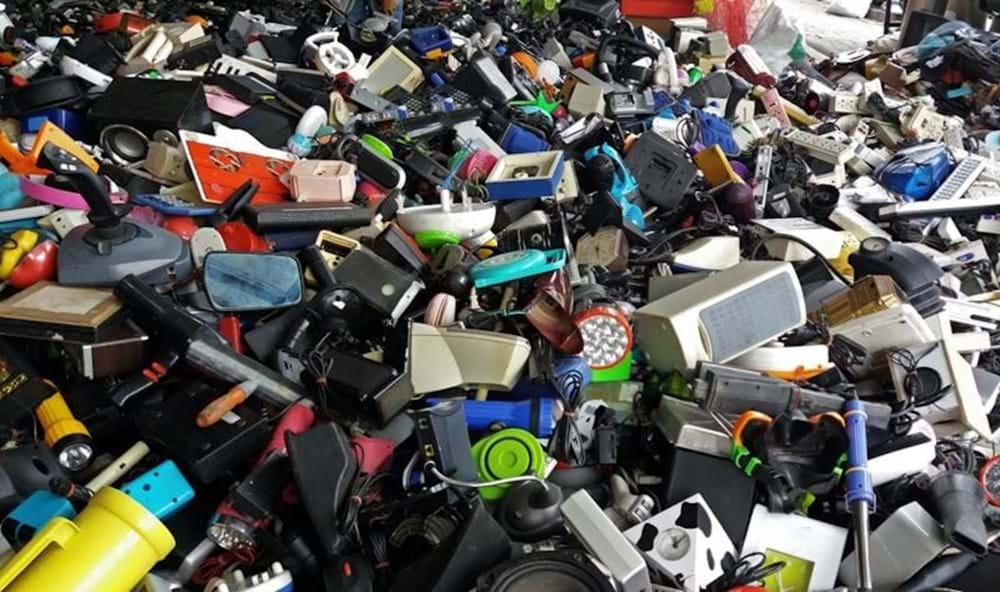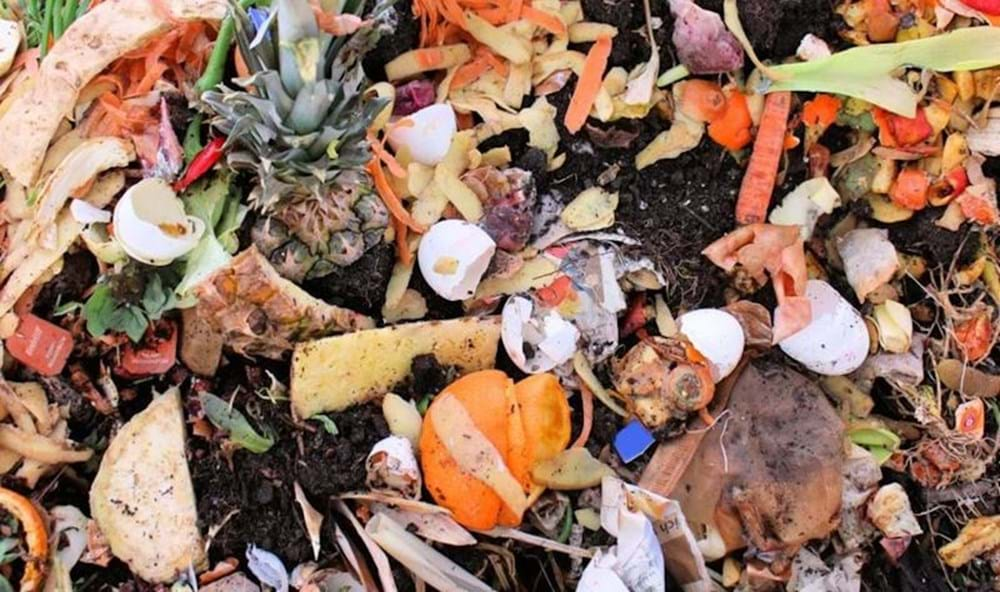Influencing policy: the future of waste and of our building regulations

29th August 2019
At IChemE we do a lot behind the scenes to support our members in respect to influencing the development of national policies that affect chemical engineering.
We work in a multitude of policy areas, sharing knowledge and providing evidence to inform policy makers. But we can only create impact by working with you, our members, other professional engineering institutions, and directly with the governments across the world. Progress in this area takes time and requires a consistent and proactive approach.
In our recent member engagement survey, it was clear that our members wanted to understand more about this work. So, we’ll be giving you regular insights via our blog and The Chemical Engineer.
In today’s blog we explain more about our contribution to a government consultation on building regulations and how we also advise on government strategies that could affect the future of electronic, plastic, food and farming waste.
Building a safer future
IChemE has recently contributed to the UK Government’s consultation on Building a Safer Future: Proposals for Reform of the Building Safety Regulatory system in relation to the Grenfell Tower fire (pictured). This builds on the recommendations from former IChemE President Dame Judith Hackitt’s Independent Review of Building Regulations and Fire Safety.
The response also highlights that rules-based compliance alone is insufficient and encourages a new regulatory framework that focuses on the delivery of outcomes that drive change and improvement in process industries.

Emphasis is also placed on the importance of sharing learning from previous incidents as well as good practice, validating what good practice is, and how to make it common practice.
In its response IChemE also emphasises that change and implementation requires leadership, and it encourages the housing ministry to view recent work by the process industries on leadership standards in managing major hazard risks; and its inclusion with the regulator assessment process of major hazard sites in the chemicals sector starting in 2019.
IChemE President Ken Rivers said: “I am sure our submission will provide valuable perspective and insight for the building sector which is embarking on a journey similar to one we have trodden in the chemicals sector. It demonstrates again the benefit of the engineering disciplines coming together and pooling their knowledge and experience to talk authoritatively on significant matters of safety.”
Future waste
The aim of the event was to contribute knowledge and expertise to advise future government strategy. It focussed on three main areas:
- critical raw materials (CRMs) from waste electronic and electrical equipment (WEEE);
- plastics, with a policy focus on bio-based plastics; and
- food and farming waste with a policy focus on anaerobic digestion (AD).

Among those who presented was IChemE member and former Recycling Consultant Keith Freegard, who discussed how little thought goes into end-of-life materials recovery.
When it comes to recycling, where the highest value is associated with maximum purity of the plastic, chemical ingredients of polymer compound formulations used to enhance aesthetics and deliver functionality are viewed as unnecessary contaminants.
He stressed that regulators need to focus on how to remove chemicals at the end of life, rather than banning them altogether.
Camilla Alexander-White, Senior Policy Advisor at RSC, said: “This workshop has provided good evidence to share with policymakers as the resources and waste strategies involve all the UK’s devolved nations.”
You can read a more detailed feature on this at The Chemical Engineer.
Developing a national food strategy for England
A call for evidence has been launched, with a deadline for responses set for 25 October. The review will be published in Q2 2020.
IChemE’s Food and Drink Special Interest Group (SIG) is collaborating with several other professional engineering institutions (PEIs), including the Royal Academy of Engineering (RAEng) and the Institution of Mechanical Engineers (IMechE). Our efforts for cross-sectoral collaboration to provide a collective voice in this consultation is driven by our vision to implement Strategy 2024.
To get involved, please email Nooryesha Choudhury AMIChemE via nchoudhury@icheme.org

This article also appeared in the latest issue of The Chemical Engineer.